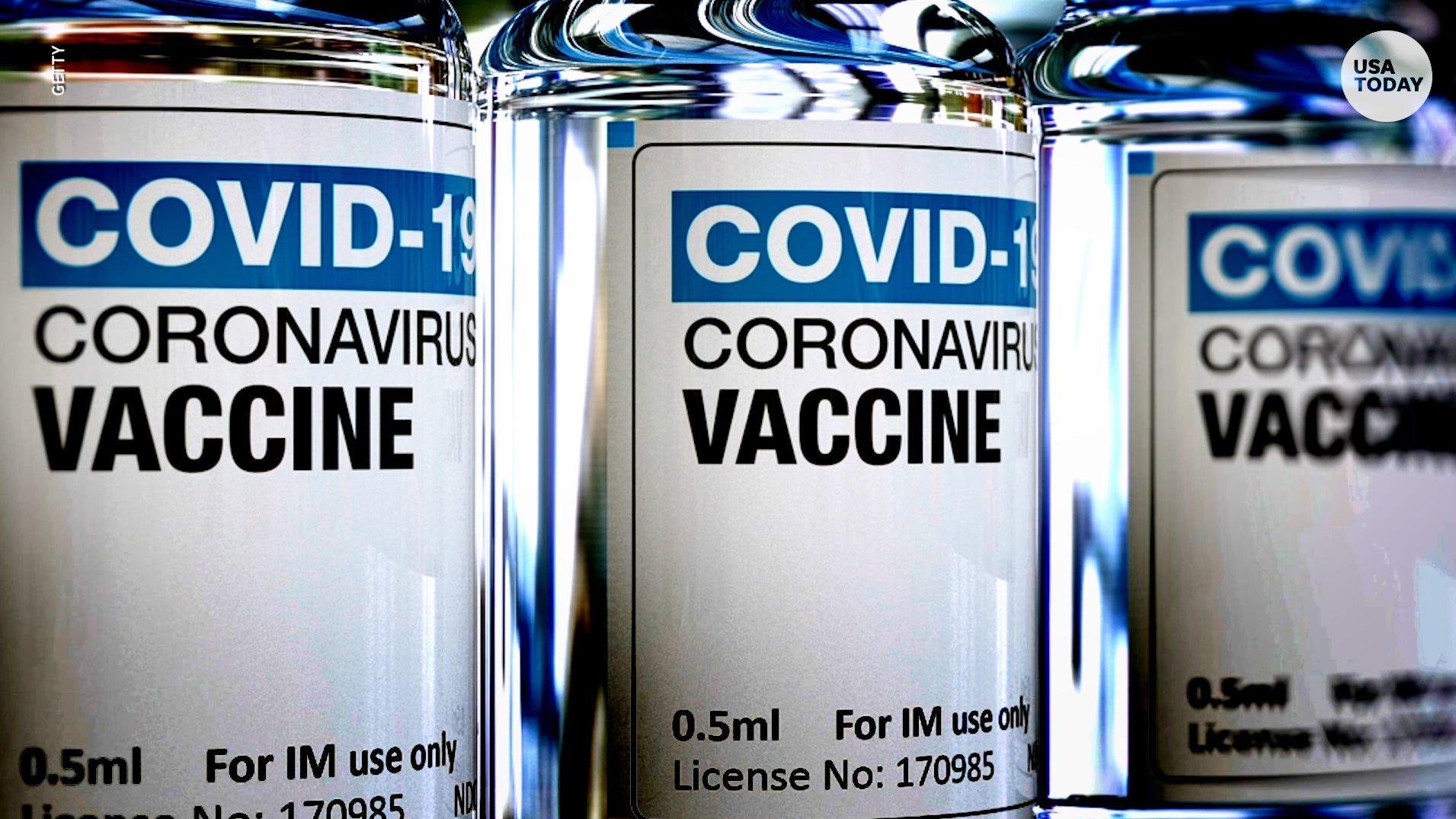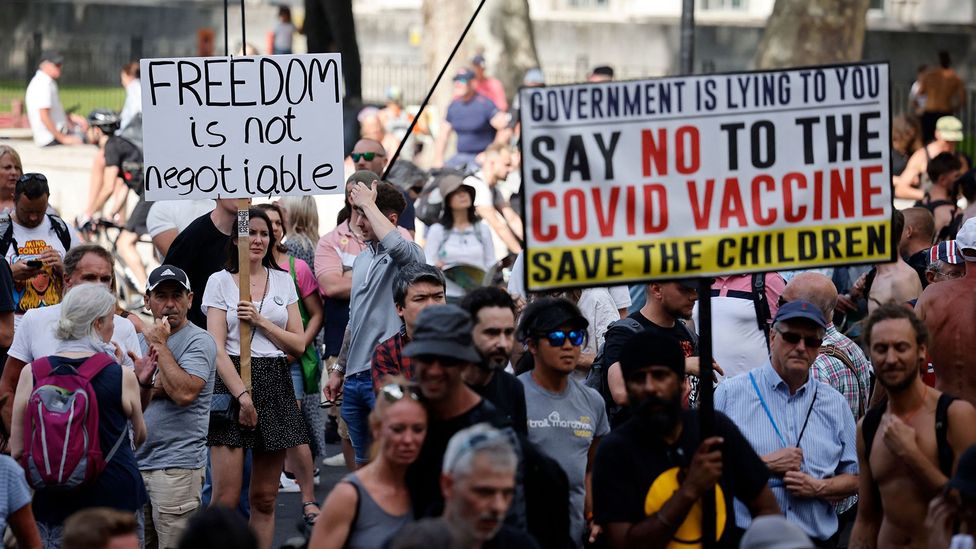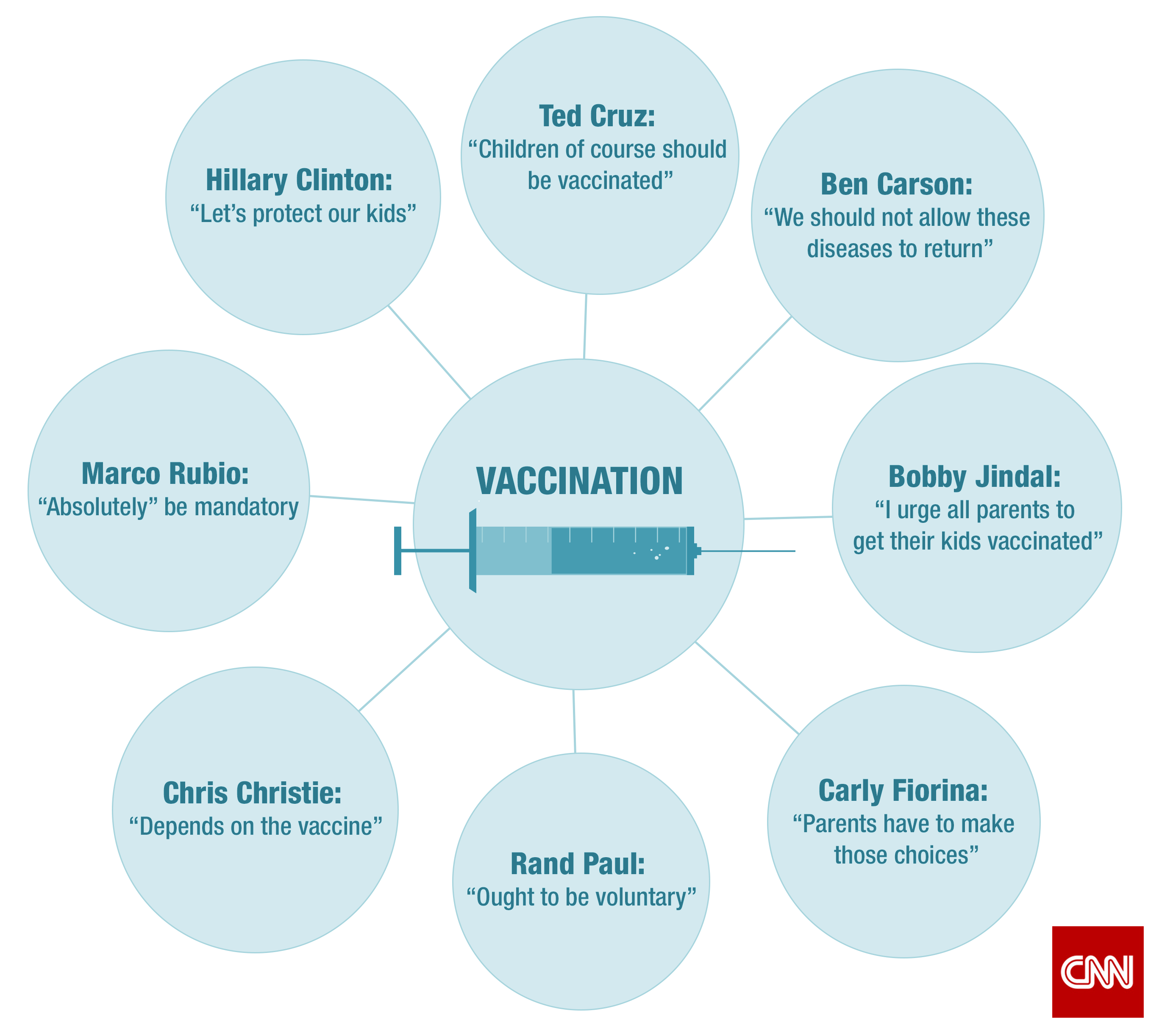Hey there, apocalypse survivor! Imagine this—zombies are on the loose, they're shuffling toward your barricaded house, and you're stuck wondering, "Is there a way out?" Well, buckle up because today we're diving deep into the concept of how only my vaccine can save the world from a zombie apocalypse. Yes, you heard that right—vaccines might just be the ultimate weapon against the undead horde!
Now, before you roll your eyes thinking this is some far-fetched sci-fi fantasy, let me tell you that the idea isn't as crazy as it sounds. Scientists have been exploring ways to combat infectious diseases for centuries, and vaccines have always been at the forefront of humanity's battle against epidemics. So, if a zombie apocalypse were to happen, wouldn't it make sense to use science to fight back? Stick around, and I'll break it down for you.
Let's face it—zombies are no joke. They're relentless, they don't sleep, and they're hungry for brains (literally). But what if we could turn the tables on them with a vaccine? Sounds like a plot twist straight out of a Hollywood blockbuster, right? Well, not entirely. Keep reading, and you'll see why this idea has more merit than you might think.
Understanding the Zombie Threat
What Exactly Causes Zombies?
Alright, let's get scientific for a moment. Zombies, as depicted in movies and TV shows, are typically caused by a virus, bacteria, or even a fungal infection. While it might sound like fiction, there are real-world examples of parasitic infections that can alter behavior—think of the "zombie ants" controlled by fungi or the rabies virus that drives animals to aggression. So, the idea of a zombie-like infection isn't as far-fetched as it seems.
Here’s a quick rundown of the most common zombie-causing agents:
- Viruses: Highly contagious and capable of spreading through bites or bodily fluids.
- Bacteria: Some strains can cause necrosis, leading to the "walking dead" effect.
- Fungi: Parasitic fungi like Ophiocordyceps unilateralis can manipulate host behavior, turning them into mindless drones.
Now, if we could pinpoint the exact cause of a zombie outbreak, we'd be one step closer to developing a solution. And that's where vaccines come into play.
Why Vaccines Are the Key
The Science Behind Vaccines
Vaccines work by training your immune system to recognize and fight off pathogens. When you get vaccinated, your body produces antibodies that can neutralize the threat if you ever encounter it again. In the case of a zombie apocalypse, a vaccine could potentially:
- Prevent infection by neutralizing the zombie-causing agent.
- Slow down the progression of the infection in already-infected individuals.
- Provide herd immunity, protecting those who can't be vaccinated.
Think about it—if everyone had access to a zombie vaccine, the world could potentially avoid the chaos and destruction that comes with an outbreak. Sounds like a win-win, right?
The Challenges of Developing a Zombie Vaccine
What Makes It So Difficult?
Creating a vaccine for a zombie apocalypse isn't as simple as mixing a few chemicals in a lab. There are several challenges to consider:
- Identifying the Pathogen: Scientists would need to isolate the exact cause of the zombie infection, which could take time.
- Testing and Trials: Vaccines require extensive testing to ensure safety and efficacy. This process can take years.
- Mass Production: Once a vaccine is developed, producing enough doses to vaccinate the entire population would be a monumental task.
Despite these challenges, the potential benefits of a zombie vaccine far outweigh the difficulties. And with advancements in biotechnology, who knows? Maybe we'll have a solution sooner than we think.
Real-World Inspiration: Pandemics and Vaccines
Lessons from the Past
History has shown us time and time again how vaccines can save lives. Take the smallpox vaccine, for example. Before its development, smallpox was one of the deadliest diseases in human history. Thanks to widespread vaccination efforts, the disease was eradicated globally by 1980.
Similarly, the rapid development of the COVID-19 vaccine demonstrated how science can rise to the occasion when faced with a global crisis. If we could develop a vaccine for a novel virus in record time, imagine what we could do in the face of a zombie apocalypse!
The Role of Global Cooperation
Why Teamwork Matters
Fighting a zombie apocalypse isn't something one country can do alone. It requires global cooperation, sharing of resources, and collaboration between scientists, governments, and healthcare organizations. Here's how different entities could contribute:
- Scientists: Researching the pathogen and developing potential vaccines.
- Governments: Funding research and ensuring equitable distribution of vaccines.
- Healthcare Workers: Administering vaccines and educating the public about their importance.
By working together, we can ensure that no one is left behind in the fight against the undead.
Myths vs. Facts About Zombie Vaccines
Busting Common Misconceptions
There are plenty of myths surrounding vaccines, and a zombie vaccine would likely be no exception. Here are a few common misconceptions and the facts to set them straight:
- Myth: Vaccines can turn you into a zombie.
Fact: Vaccines are designed to protect you from infection, not cause it. - Myth: Only the rich will have access to a zombie vaccine.
Fact: Global health organizations would work to ensure equitable distribution. - Myth: Vaccines are unnecessary if you're already infected.
Fact: Vaccines can slow the progression of the infection, giving you more time to survive.
Education is key to overcoming these myths and ensuring widespread acceptance of a zombie vaccine.
The Ethical Dilemmas
Who Gets Vaccinated First?
In the event of a zombie apocalypse, there will undoubtedly be ethical dilemmas to consider. For example:
- Should healthcare workers and first responders be prioritized?
- What about vulnerable populations, such as the elderly and immunocompromised?
- How do we ensure fair distribution in low-resource settings?
These are tough questions, but they're ones we need to address if we're serious about saving the world from zombies.
Preparing for the Future
What Can We Do Now?
While a zombie apocalypse might seem like a distant possibility, there are steps we can take to prepare:
- Invest in Research: Funding scientific research into infectious diseases can help us stay ahead of potential threats.
- Improve Global Health Systems: Strengthening healthcare infrastructure can ensure rapid response to outbreaks.
- Stay Informed: Educating yourself and others about vaccines and their importance can promote public health.
By taking these steps, we can increase our chances of surviving whatever the future holds—whether it's zombies or something else entirely.
Conclusion
So, there you have it—the case for why only my vaccine can save the world from a zombie apocalypse. While the idea might seem far-fetched, it's rooted in real-world science and the power of vaccines to combat infectious diseases. From understanding the zombie threat to overcoming challenges and ethical dilemmas, we've covered a lot of ground today.
Now, here's where you come in. Share this article with your friends and family to spread awareness about the importance of vaccines. Leave a comment below with your thoughts on the zombie apocalypse scenario. And most importantly, stay curious and keep learning. After all, knowledge is power—and in a world overrun by zombies, power might just save your life.
Table of Contents


